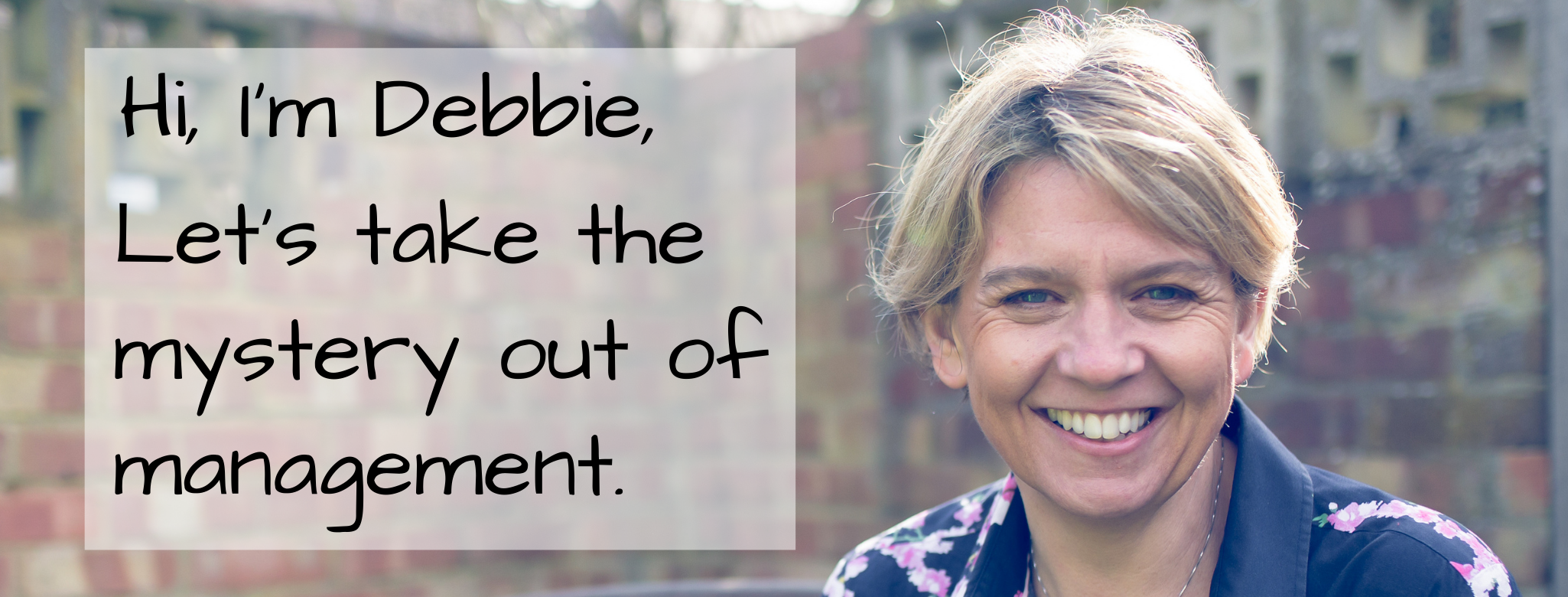
After all, I’d had enough bad managers to know what not to do, and taken notes from a few that had been the inspirational leader I wanted to be. And I was a ‘people person’. And that’s the biggest hurdle, right? Apparently not.
My confidence lasted for about a day and a half.
Over the next few months, I stumbled along the management road. It was SO much steeper than it looked at the bottom
- I had to coach one of my former team mates for underperformance.
- I worked late into the night finishing other people’s work. I discovered there was more to delegating than just asking someone to do something.
- I dithered on making decisions and that impacted others. And I had to publicly take ownership for my mistakes.
- I made promises that were not in my power to deliver. And learnt how tough it feels to break those promises.
The hardest thing for me, I think, was no longer being able to share my fears and uncertainties with my old team mates. I now managed them and I should know what I was doing, shouldn’t I? And I didn’t feel like admitting to my new, more experienced peers that I really didn’t have a clue.
It felt a lonely place to be.
So I put on my ‘big girl pants’ and decided to figure this management thing out. I read books and found the courage to ask for help. I identified managers that did things well and I watched how they did it (that sounds a lot more ‘stalker like’ than it was!)

My new found geekiness around all things management led me into roles focused on staff development, coaching and mentoring. I learnt how to make these things happen in a world where people rarely slowed to a walk.
Roll on a few years.
I now run training programmes for managers. My aim is to help them ditch the self-doubt and find their stride as the manager they want to be. I believe everyone should have the opportunity to enjoy their job. And with a boost in confidence and some tools to make you more competent at what you do, that’s what you can achieve.
Who do I help?
Although I’ve coached across many industries and many job roles, 20 years of my career were spent working in small, tech companies and this is where most of my programmes are run now.
I work with highly technical managers and also those in Operations, Customer Service, Finance, Sales and Marketing.
You’ll get the most value out of The Smarter Manager if you have to manage people (even if it’s just one person). But it doesn’t matter what role you’re in, or what you have on your to do list, the challenges of managing a team and getting results in a fast-paced environment are fairly universal.
Over the years, three things have become strikingly clear to me. Three things that I believe are fundamental to becoming a great manager.
And they form the foundations for what I share with you on The Smarter Manager website, in the way I coach and in the programmes I create.

